
Microsoft issues emergency Windows update to disable Intel's shoddy Spectre variant 2 mitigation
The computer industry is in utter chaos right now. Despite a slight increase in PC sales for Q4 2018, the market is still extremely unhealthy. Not to mention, pretty much all existing hardware is fundamentally flawed thanks to both Spectre and Meltdown vulnerabilities. At least major companies such as Intel, AMD, and Microsoft are working together to mitigate these risks, right? Wrong. These patches have proven to be problematic -- for instance, some AMD computers were rendered unbootable. Ugh, what a failure.
To make matters even worse, Intel's Spectre variant 2 mitigation is causing instability (random reboots) on some Windows computers. Microsoft has apparently had enough of Intel's shoddy patches, and as a result, it has issued an emergency update to disable the Spectre variant 2 mitigation on Windows 7, Windows 8.1, and Windows 10.

Malwarebytes gets defective update that slows computers -- here's how to fix it
Malwarebytes is great software, designed to protect Windows, Mac, and Android devices. As someone who fixes computers for both friends and family, I often rely on the free version to detect malware on Windows machines -- it is a great tool to keep in your virtual "toolbox."
Unfortunately, this software which normally helps computers to run well, has started making them run poorly. You see, a recent update is causing high CPU and RAM usage, making the computer slow to a crawl. Luckily, a fix is already available. Keep in mind, the bug is caused by the web protection feature, which is only for "Premium" subscribers. Users of the free Malwarebytes software should be unaffected. Here's how to return your PC or business workstation to its full speed potential.
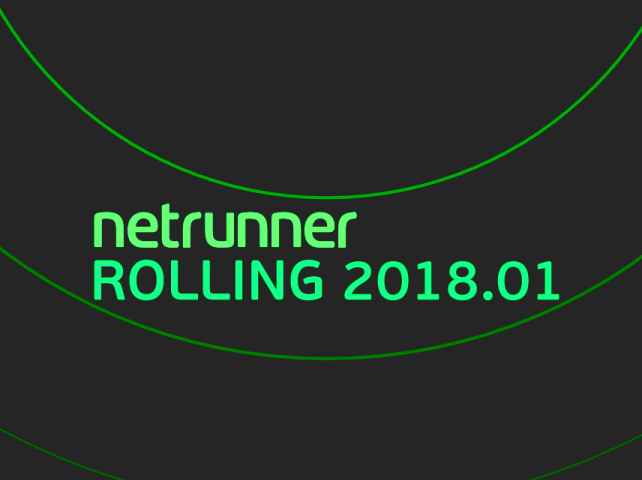
Netrunner Rolling 2018.01 KDE-focused Manjaro Linux-based operating system is here
There are many Linux-based operating systems out there, but not many I would call great. My absolute favorite is Fedora, as I am a GNOME fan that likes using a distro that focuses on truly free and open source software. Not to mention, it quickly gets many updated packages while also retaining stability. So yeah, Fedora is great.
Another great Linux distro? Netrunner Rolling. This Manjaro-based operating system uses KDE Plasma for its desktop environment. As the name implies, it follows a rolling release, meaning it is constantly being updated to fresh packages -- no major upgrades needed. It has a lot of polish and many quality pre-installed programs which indicates the developers truly care about the overall user experience. Quite frankly, it reminds me of Windows 7 -- in a good way -- which also makes it a wise choice for those unhappy with the much-maligned Windows 10. Today, Netrunner Rolling gets its first ISO refresh of 2018.
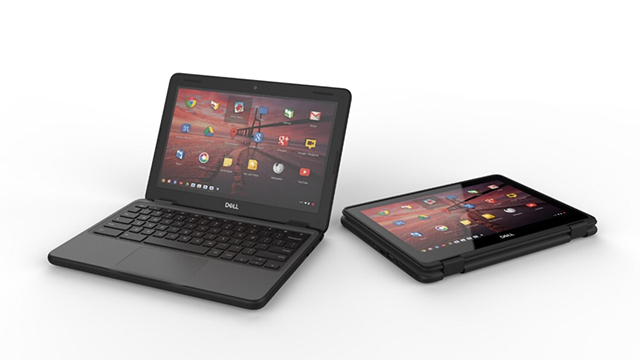
Dell Chromebook 5190 offers 13 hours battery life
While Dell is one of the largest Windows computer manufacturers, it is also a big proponent of Linux. For instance, the company sells machines running Ubuntu -- its relationship with Microsoft be damned.
Ubuntu is not the only Linux-based operating system that can be found on a Dell laptop. Actually, the company also sells Chromebooks, which run Chrome OS. Yes, Google’s web-focused desktop OS is a Linux distro. Today, Dell unveils its latest such Chromebook, the 5190. It is rugged, has USB-C, stylus support, and offers an impressive 13 hours of battery life.
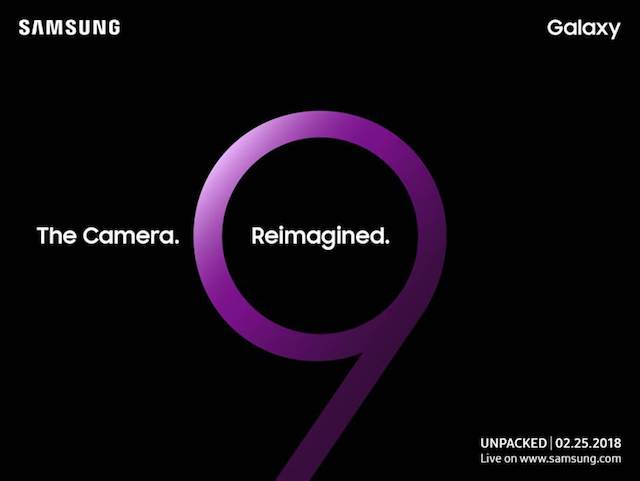
Samsung Galaxy S9 has 'reimagined' camera
When many consumers buy a Galaxy phone, they aren't choosing Android, they are selecting Samsung. I know what you are thinking -- isn't that essentially the same thing? Actually, no. You see, for many, the operating system is largely inconsequential. When buying a new Android phone, they don't want HTC, LG, or even Google's own Pixel. Instead, these folks must have a Galaxy -- nothing else will do.
Samsung's brand loyalty is quite remarkable, and it is possibly only surpassed by Apple. I mean, heck, even after Samsung sold phones that literally exploded and caught fire, consumers have continued to purchase the company's products. It's not hard to see why -- its phones, tablets, televisions, washing machines, and more are an absolute delight. Its Galaxy phones in particular are well-designed and take class-leading photos. Today, Samsung is sure to make many excited, as it has started to send out press invitations to witness the unveiling of the Galaxy S9 at Mobile World Congress in Barcelona, Spain.
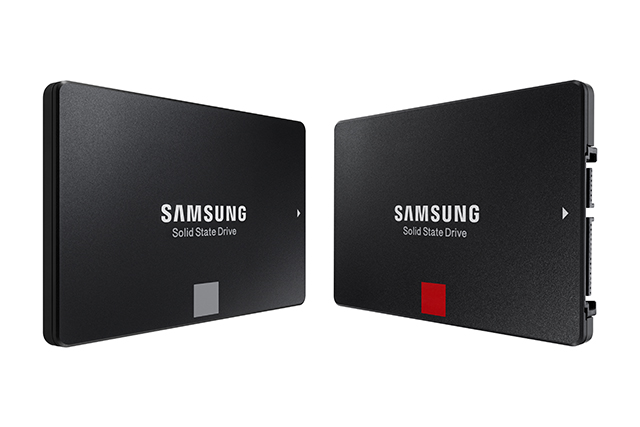
Samsung unveils 860 PRO and EVO SATA SSDs with improved Linux compatibility
If you haven’t yet upgraded your operating system drive from a mechanical hard disk to a solid state drive, you are really missing out. Prices have dropped dramatically over the years, while at the same time, reliability has improved. Swapping an HDD for an SSD can be very easy too, thanks to cloning software that often comes with the drive.
Before you buy some random SSD, please know that they are not all the same. True, SATA models largely have equal speeds these days, but the brand really matters from a reliability standpoint. If you want a dependable solid state drive for your data, you should take a look at Samsung. Its offerings are top notch, and today the company launches its newest SATA models -- the 860 PRO and EVO.
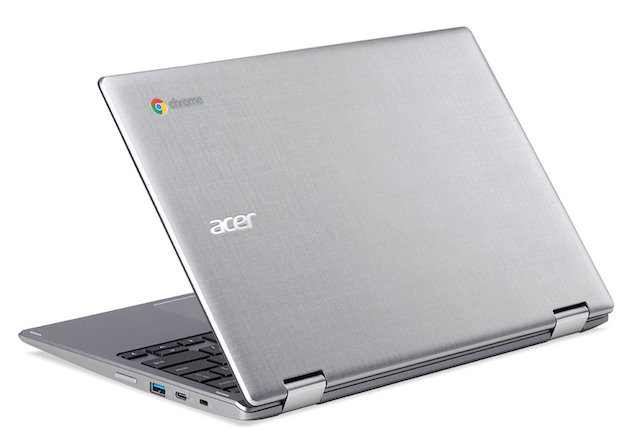
Acer unveils Chromebook 11 C732, Chromebook Spin 11, and Chromebox CXI3
When it comes to Chromebooks, Acer is one of the premier manufacturers. From the early days of Google's desktop OS, Acer has produced quality computers running the Linux-based Chrome OS. Best of all, Acer's Chromebooks and Chromeboxes are often quite affordable. This makes sense, since the company is largely a value-focused manufacturer. Quite frankly, Acer and Chrome OS are a match made in heaven.
Hot on the heels of announcing its all-new Chromebook 11, the company today unveils three new Chrome OS computers -- Chromebook 11 C732, Chromebook Spin 11, and Chromebox CXI3. While the Chromebooks will likely get much of the attention, I am quite smitten with the Chromebox. This diminutive desktop is absolutely gorgeous, and it is chock-full of useful ports. The Chromebook 11 C732 is also quite intriguing, thanks to its optional LTE connectivity!
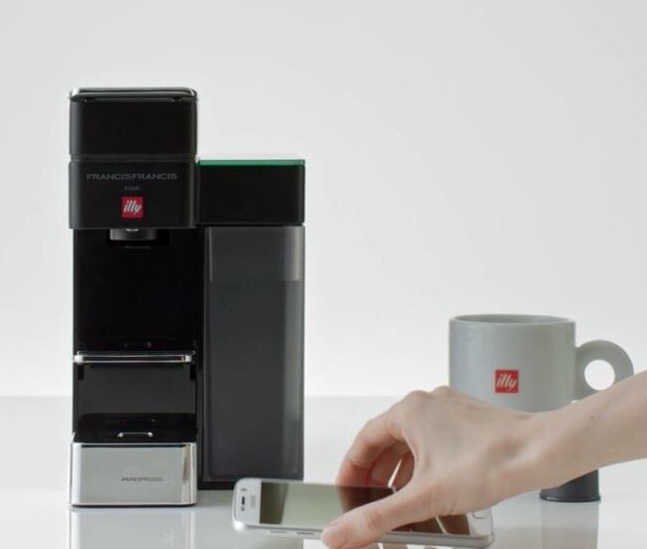
illy Y5 DRS Espresso and Coffee System has integrated Amazon Dash technology
Coffee... is life. For me, and countless other people, the drink is responsible for daily motivation. Without a cup or two (or five) of the caffeinated beverage, I’d probably be asleep at my desk all the time.
If you live alone or simply don’t want to deal with brewing entire pots of coffee, single-serve pods have proven to be a godsend (not so great for the environment, though). You can quickly make a cup without stress. A new coffee system is looking to make coffee pods even easier. The "illy Y5 DRS Espresso and Coffee System," as it is called, can connect to your smartphone via Bluetooth for more intuitive controls. Even cooler, it can leverage Amazon Dash technology for automatic coffee pod reordering. How clever!
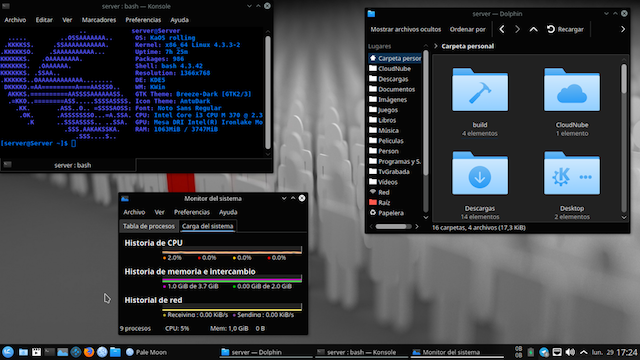
KaOS 2018.01 KDE-focused Linux distro now available with Spectre and Meltdown fixes
It can be difficult to find a quality Linux distribution that meets your needs. This is partly because there are just too many operating systems from which to choose. My suggestion is to first find a desktop environment that you prefer, and then narrow down your distro search to one that focuses on that DE. For instance, if you like KDE, both Kubuntu and Netrunner are solid choices.
With all of that said, there is another KDE-focused Linux distro that I highly recommend. Called "KaOS," it is a rolling release, meaning you can always be confident that your computer is running modern packages. Today, KaOS gets its first updated ISO for 2018, and you should definitely use it to upgrade your install media. Why? Because version 2018.01 has fixes for Spectre and Meltdown thanks to Linux kernel 4.14.14 with both AMD and Intel ucode.
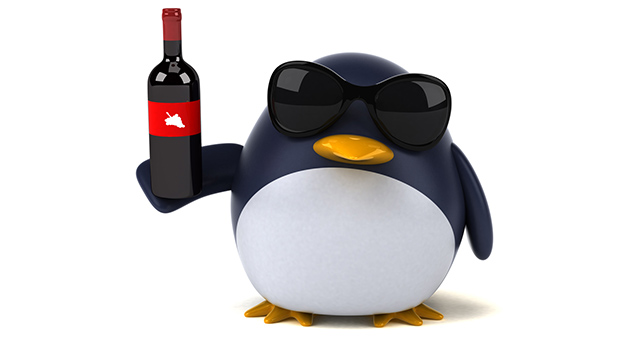
Wine 3.0 is here to run Windows software on your Linux box
When people make the switch from Windows to Linux, they often experiment with Wine. If you aren’t familiar, it is a compatibility layer that can sometimes get Windows software to run on Linux and BSD. I say "sometimes" because it isn’t a flawless experience. In fact, it can be quite frustrating to use. I suggest using native Linux software as an alternative, but understandably, that isn’t always possible.
If you depend on Wine, or want to start trying it out, I am happy to say that version 3.0 is finally available. It is quite the significant update too, as it features over 6,000 changes!
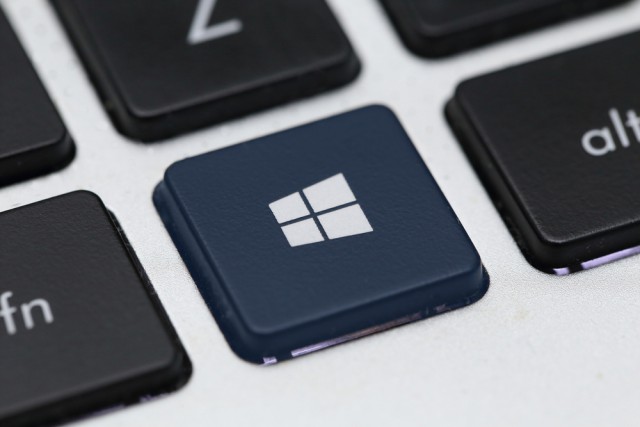
Microsoft releases Windows 10 Preview Build 17074.1002 with AMD boot fix related to Spectre and Meltdown
A week ago, Microsoft released a new Preview Build of Windows 10 -- 17074. It was chock-full of new features and fixes, making it a wise upgrade for anyone in the Insiders program.
Sadly, it was discovered that Build 17074 had a huge bug -- it made some AMD systems unbootable. Yikes! Apparently, this was related to fixes for Spectre and Meltdown. True, this is pre-release software, so bugs should be expected, but losing the ability to boot can really ruin a user's day. Today, that bug is fixed, as Microsoft pushes out Build 17074.1002. It also fixes an issue where some computers would hang.

Slack now available as a Snap for Linux
At the end of last year, the Linux desktop scored a huge win when Spotify became available as a Snap. If you aren't familiar with Snaps, please know that they are essentially software packages designed to run as a container on any Linux distro. Not only does it make installing software packages easier for users, but it makes things simpler for developers too. Ultimately, Snaps have the potential to solve the big fragmentation problem in the Linux desktop community.
Today, yet another wildly popular program gets the Snap treatment, and quite frankly, it is arguably more significant than Spotify. What is it? Slack! Yes, Canonical announces that the ubiquitous communication app can be installed as a Snap. True, Slack was already available on the Linux desktop, but this makes installing it and keeping it updated much easier.
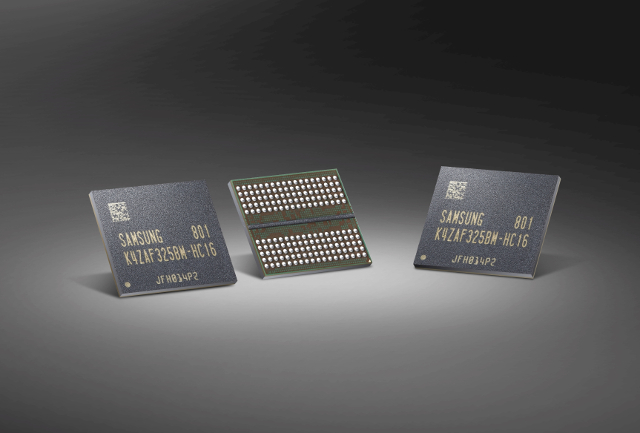
Samsung begins GDDR6 mass production
Graphics cards are huge business nowadays, and not just for gaming. Actually, many consumers are buying these cards for the mining of cryptocurrency. Unfortunately, this is driving up the cost of GPUs, negatively impacting gamers that are shopping for a new card.
Right now, graphics cards largely utilize the super-fast GDDR5 for memory, but there is something better on the horizon -- GDDR6. Today, Samsung announces that it has begun mass producing the memory chips. If you are a gamer, you should be extremely excited about this!
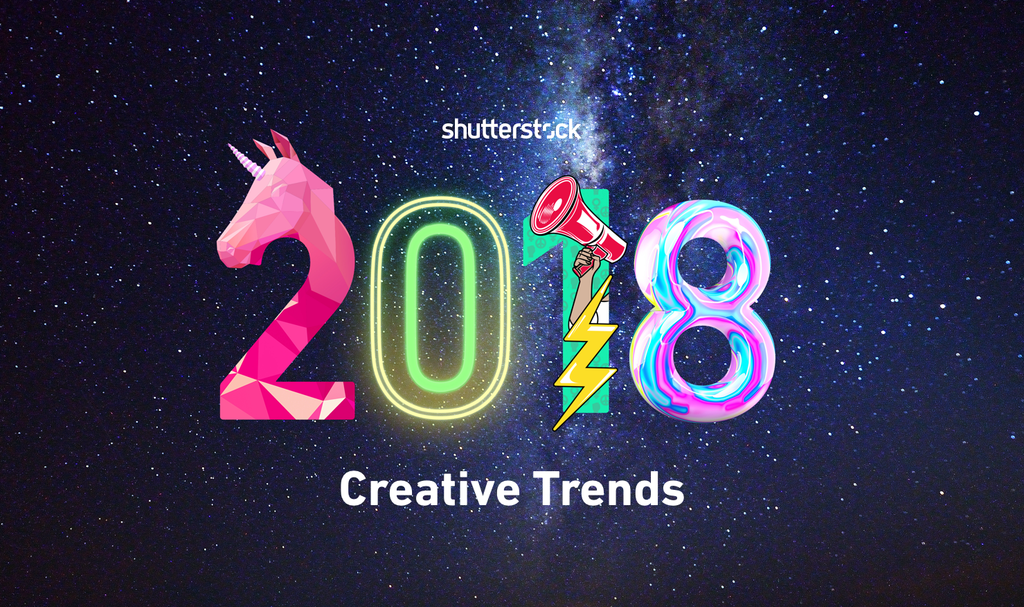
Shutterstock unveils 2018 Creative Trends Report -- cryptocurrency, fantasy, and more
Shutterstock is an excellent website to obtain high-quality media -- images, music, and videos. Not only is it easy to use, but it has a large and diverse selection too. That is probably why so many companies use the service (including us). With so many people searching Shutterstock for media, the company has the opportunity to analyze that search data to predict trends. This is smart to do, as unused data is arguably worthless data.
Today, Shutterstock unveils its Creative Trends Report for 2018, and the data is quite interesting. If you aren't familiar, it is a report that highlights certain media trends based on search data. Even though it focuses on media, the subject matter can reveal larger overall worldwide trends too. As an example, one of the big media search trends is cryptocurrency -- this should come as no surprise, as Bitcoin and others have seen huge gains (and losses) lately. As you can see, people will search for media that represents things that are happening in the world.

Fedora 28 wallpaper contest now open -- submit your image to the Linux distro!
One of the first things I do after installing a new Linux distribution is set a different wallpaper. Why? Desktop pictures really inspire me -- my mood can be positively altered by a beautiful image. The default wallpaper is often boring. For the most part, I prefer images of nature with bright colors. After all, if I am stuck indoors working on my computer, a wallpaper of the beach, mountains, or a colorful bird, for instance, can transport me to the outdoors -- in my mind.
Sadly, not every distro has beautiful high-quality images. Fedora, however, often does -- thanks to its "supplemental" wallpapers. What is particularly cool about that operating system, is that it regularly accepts wallpaper submissions from the community as part of a contest. In other words, anybody can potentially contribute to a new version of the distro by simply uploading a photo, drawing, or other picture. Fedora 28 is the upcoming version of the OS, and the developers are now calling for wallpaper submissions for it. Will you submit an entry to the contest?

